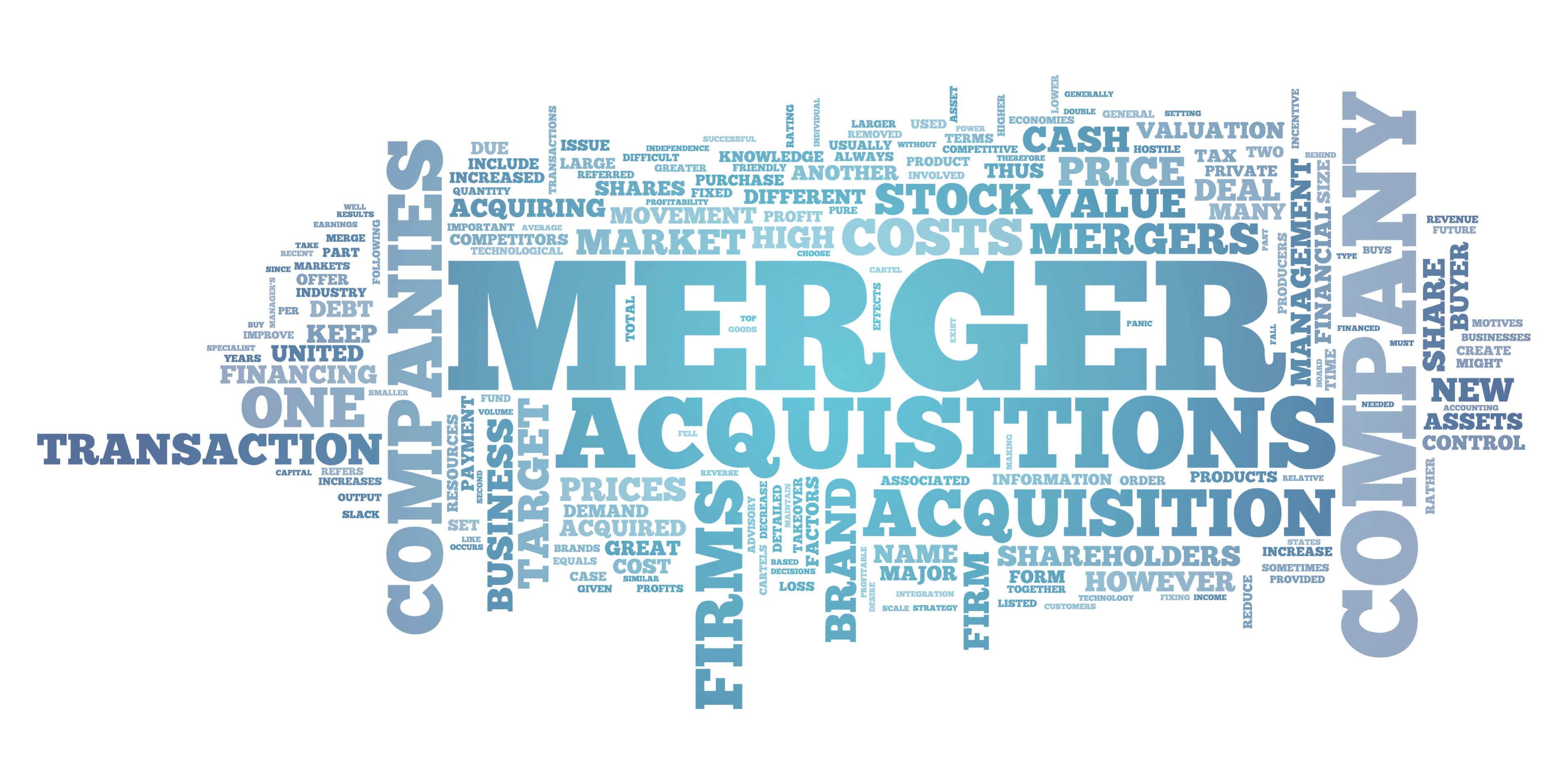Business Sales During and After Covid-19: What To Expect and Our Predictions
There is no doubt we are at the beginning of this journey and we don’t know how long it’s going to last, or how far into the future there will be a knock-on effect on society and the economy.
What I can tell you with absolute certainty is it will have an adverse effect on deal volume. We are already seeing this only a few weeks in. Equally, I am almost certain it will have a negative effect on valuations, at least as a statistical average.
However, I do not believe it will affect individual valuations on a case by case basis, where the company being acquired or invested in has demonstrated robustness during this crisis or an ability to bounce back fast as we start to see some return to normality and stabilization. (Albeit, what we consider to be normality post-pandemic may not be what we were used to prior to it). Let us also remember that where there are losers, there are always winners; the grocers benefiting from massive uplifts in local business, the IT and comms support businesses helping us work from home, certain online retailers, tech companies keeping us communicating, PPE manufacturers and the pharmaceuticals researching cures and vaccines.
To give this some context, we should look at the Private Equity sector – the professional buyers of and investors in privately owned businesses. They are considered by many to be the barometer of business sales and mergers and acquisitions activity; they may very well prove to be the cornerstone of business sales during and after Covid-19.
In the first quarter of 2020 Private Equity and Venture Capital firms raised $132.2 billion globally; an increase of 11.2% on the £118.6 billion raised in the same quarter in 2019, and 2021 has only gone and hit an all-time high, with the first half of the year seeing $288bn invested.
In PwC’s Private Equity Trends Report 2020, they estimate in Europe alone PE and VC funds are sitting on a staggering €2.3 trillion of uninvested capital “dry powder”.
The same report states that of 250 funds surveyed, 66% cited “this large amount of dry powder leading to increased competition for the most attractive investment targets” as their biggest challenge. As we all know competition drives price.
Without exception, all the PE houses we have spoken to tell us they are “open for business”. Some will be dealing with issues faced in existing portfolio investments, which may delay some activity. They need to keep investing, however, and suitable investments are and for some time will continue to be harder to find.
Don’t Rule Out the Trade Buyer and Their Potential For Driving Business Sales During and After Covid-19
What about trade buyers? The underlying drivers for an acquisition remain; economies of scale, synergies and positive market disruption all leading, if done right, to increased shareholder value.
In normal economic circumstances, this is typically with a view to growth and strategic advantage. In difficult times you can sometimes see the additional motivation of ‘acquire to survive’. An acquisition may enable a company who has been adversely affected to add to its client base to get back to full capacity. It might allow it to offer new products or services that are more robust in the current circumstances. It may even enable it to integrate the processes and working practices of the target that have been proven more successful than its own.
We know that many businesses will suffer and are already, and we know that many will fail.
Mergers and acquisitions in general will continue, as will business sales during and after Covid-19. That much we can say for definite. Volumes will, however, be lower in the short and probably mid-term, significantly driven by a reduction in attractive acquisition targets.
Statistical average values will reduce for a relatively short period. There are two drivers for this; firstly, some deals already in progress will continue at renegotiated prices due to a downturn in the target’s performance. The statistics are typically based on ‘last full years earnings’ even though the price actually paid is usually based on current performance and run rate. Mathematically, the statistical multiple of profits is therefore reduced where profits show a decrease, which will happen more often. Secondly, there will probably be a greater ratio of distress sales, which usually demand very low multiples.
However, valuations for successful businesses that are unaffected by the current crisis, are positively affected or bounce back to growth once the worst of this is behind us will be unaffected or may even be enhanced. It’s simply a case of supply and demand. We do expect demand to reduce short term, but we expect the reduction in supply to be far greater.
Whatever your situation; whether in survival mode, business as usual or gaining advantage from the current situation, understandably you may be concentrating on ‘the here and now’. It is imperative that you also plan for the mid to long term. That is what will shape your future and determine whether you come out of this a winner or a loser.
If you are contemplating being one of many business sales during and after Covid-19, Avondale would love to help you make your sale a reality. If you would like to discuss any aspect of our services in confidence or would like some advice, please call +44(0)20 7788 8250, fill in our Contact Form or email us directly on av@avondale.co.uk.
Avondale are EME business advisors. Through our management consultancy, we support growth and scaling up. Through our M&A and corporate work, we secure investment and finance for EME businesses, help people buy and sell companies and enhance shareholder value. We recognise ambitious owners who require ambitious, specialist advisors.






